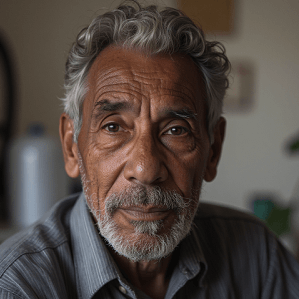A recent study published in JAMA Network Open reveals significant disparities in cardiometabolic health among American Indian adults. Researchers utilized polygenic scores (PGS) to assess the risk of various cardiometabolic factors, including diabetes, lipid levels, and inflammation. The study involved 1,157 participants from the Strong Heart Study, a long-term investigation into cardiovascular disease among American Indians.
The findings indicate that American Indian adults have higher polygenic risk scores for several cardiometabolic traits compared to other populations. This elevated genetic risk is compounded by socioeconomic factors, such as limited access to healthcare and higher rates of poverty, which exacerbate health disparities. The study underscores the importance of considering both genetic and environmental factors in addressing health inequities.
Participants with higher PGS for diabetes and lipid levels were found to have a greater likelihood of developing these conditions. The study also highlighted the role of traditional clinical risk factors, such as age and sex, in predicting health outcomes. However, the inclusion of polygenic scores provided a more comprehensive understanding of the risks faced by American Indian communities.
The researchers call for targeted interventions to reduce these disparities, emphasizing the need for culturally sensitive healthcare practices and policies that address both genetic and environmental determinants of health. By integrating genetic data with traditional risk factors, healthcare providers can better identify and support individuals at higher risk, ultimately improving health outcomes for minority communities.
See: “Polygenic Scores of Cardiometabolic Risk Factors in American Indian Adults” (March 25, 2025)



